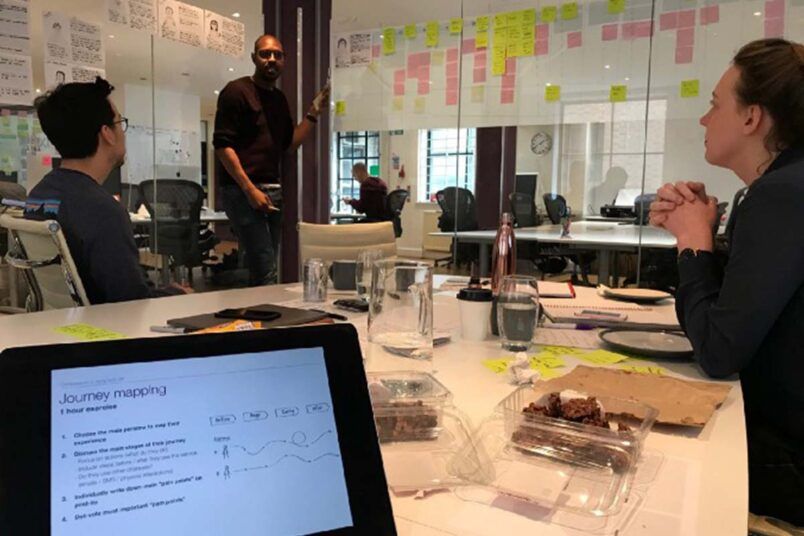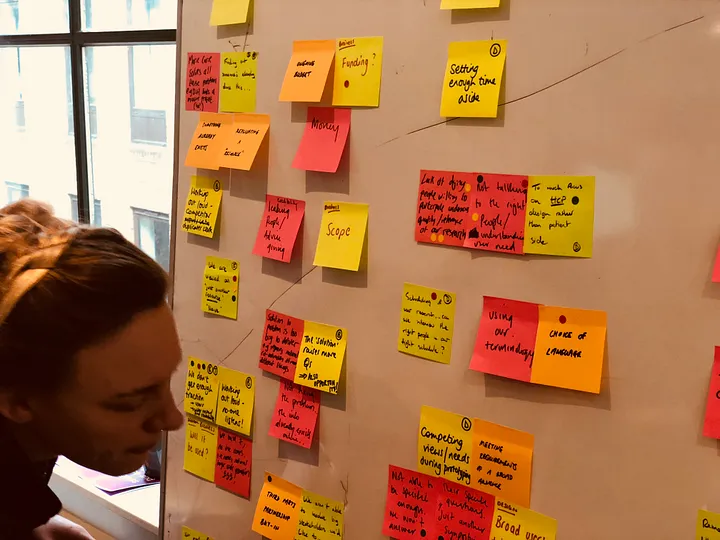
Helping patients ask the right questions, when it matters most

We recently kicked off a 4-month project to explore and solve a major problem we’ve identified — that people given a life-changing diagnosis are not accessing the information they need and want when they most need it.
The trigger for this project began last year with a 6-month research project where we spoke to more than 600 dying people and carers through surveys, focus groups and in-depth interviews.
We know from our work at Compassion in Dying that equipping people with the right questions to ask their doctor, and getting them to think in terms of their priorities achieves better outcomes for them in the long term, but how can we get dying people to know that doing so is helpful?
Our research showed it was only in hindsight that people realised this was helpful, they did not necessarily know they needed this information at the time.
We won’t be re-inventing the wheel
There is some excellent work already being done to tackle this and similar problems. Take the Compassionate Frome project as an example. This innovative project setup in 2013 by Helen Kingston, a GP, shows that when isolated people who have health problems are supported by community groups and volunteers, the number of emergency admissions to hospital falls spectacularly.
What is most relevant for our specific problem we identified is the fact that they employed “health connectors” to help people plan their care, and most interestingly trained voluntary “community connectors” to help their patients find the support they needed.
Despite this and other excellent work being done, our research has shown that although there is a considerable amount of information already available, it is held in multiple places and locating the right information at the right time requires a high degree of agency on the part of the individual.
It is clear the information gap still exists — we first want to find out why and how it could be fixed.
Learn, build and test…quickly
This is a huge problem to fix, and we’re a very small charity — which is why we’ve thought carefully about the structure of the project.

We’re partnering with Unboxed on this project and will start with a 2-week discovery phase where we’ll be conducting further research with people who’ve been diagnosed with a serious illness, carers and healthcare professionals.
After this we’re planning a ‘Design Sprint’ which will allow us to break down the problem, develop an idea and test it — all in five days.
We’ll be sharing things we learn, with everyone
This will be a perfect test of our new plan to ‘make things open’. We know this is a project that could potentially help lots of other organisations in the work they do so we’ll share our insights and learning throughout so keep an eye out for more blogs!